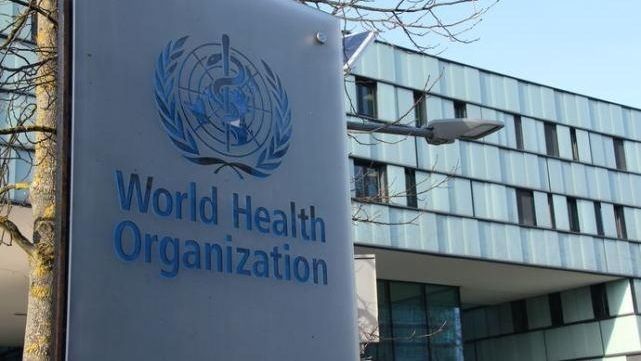A joint WHO and Chinese expert mission into the origins of the pandemic in Wuhan shared on 9 February, Tuesday, that the controversial hypothesis that SARS-CoV-2 was created or leaked in a lab is extremely unlikely and will not be studied further.
Liang Wannian, head of the China team also said at a press briefing that there is insufficient evidence to determine that Covid-19 was being spread in China's central Wuhan before December 2019, reported AFP.
However, the WHO representative added that the team did find evidence of wider circulation outside the Wuhan Huanan market in December 2019, adding that the investigation has uncovered new information but has not dramatically changed the picture of the COVID-19 outbreak, reported Reuters.
Regarding the origin of the virus, the scientists listed down several hypotheses: 1) direct zoonotic spillover from animals to humans 2) Introduction through an intermediary host 3) food chain (frozen product acting as the transmission surface) and 4) lab-related incident. The last one has been dismissed and will not be evaluated.
Experts believe the disease originated in bats and the virus was transferred to humans via an intermediary mammal, but Wannian added the reservoir hosts remain to be identified.
Speaking about transmission through frozen food, he said that studies have shown that the virus "can be carried long-distance on cold chain products,” a theory that has gained ground in China in recent months with findings of coronavirus traces on imported frozen food packaging.
But Peter Ben Embarek, a WHO specialist in animal diseases who leads the independent group of experts, said,
“We know the virus can survive in conditions that are found in these cold, frozen environments, but we don’t really understand if the virus can transmit to humans or under which conditions.”Peter Ben Embarek
The scientists would further explore if a frozen wild animal in a market setting with the right conditions could be conducive to rapid spread of the virus, reported Reuters.
The WHO also backed the Oxford-AstraZeneca vaccine after it suffered a setback following a study that showed that it was less effective against a new variant of the virus discovered in South Africa.
Richard Hatchett, head of the Coalition for Epidemic Preparedness Innovations (CEPI), said at the briefing it was "vastly too early to be dismissing this vaccine".
"It is absolutely crucial to use the tools that we have as effectively as we possibly can,” he added.
(With inputs from AFP and Reuters)

